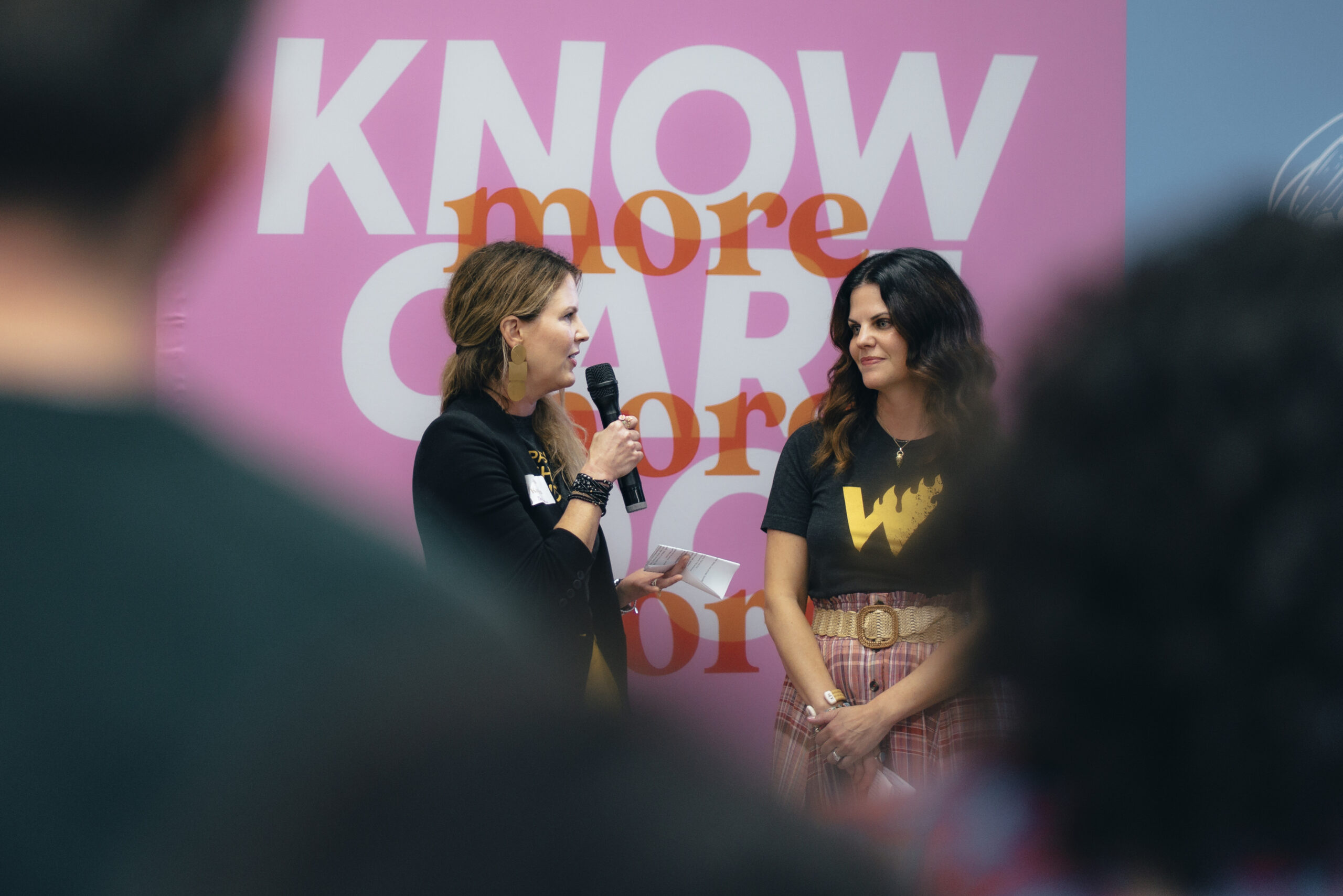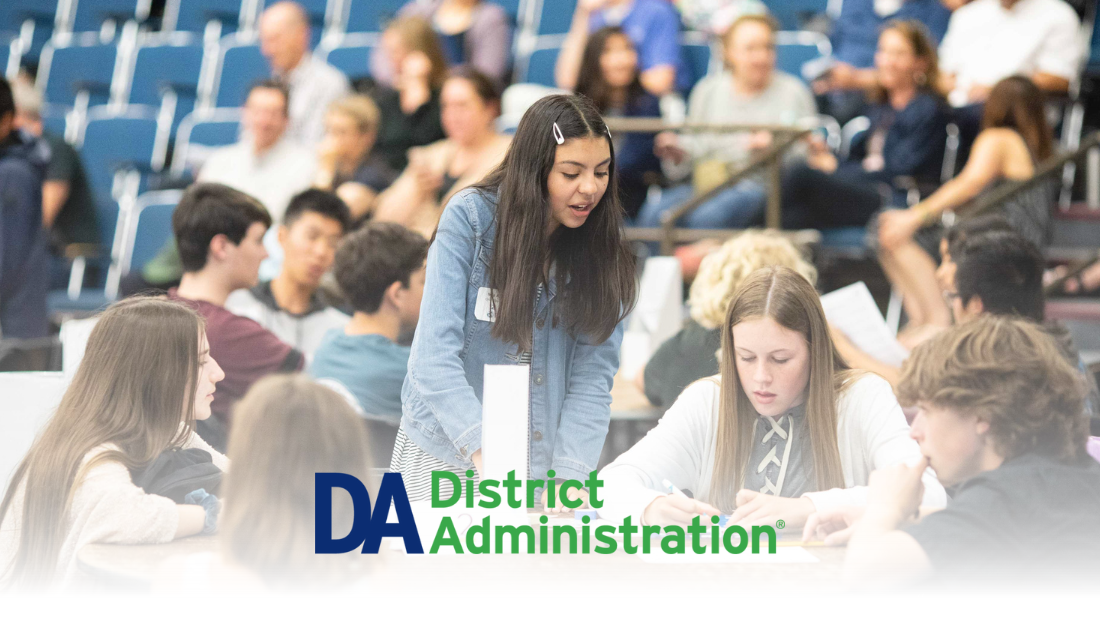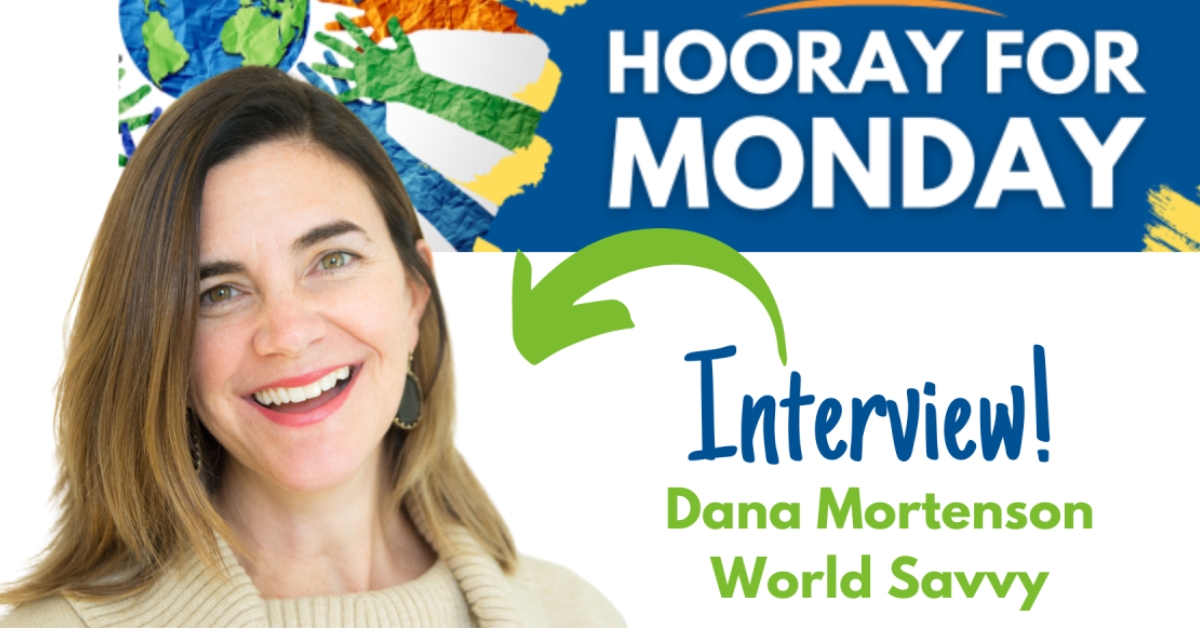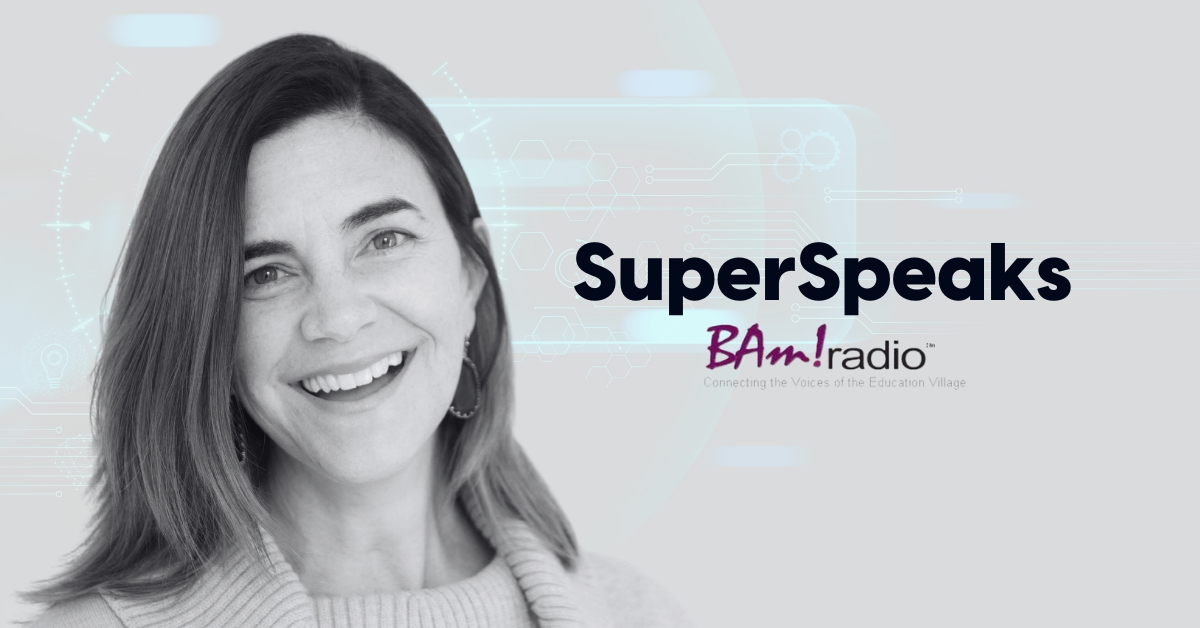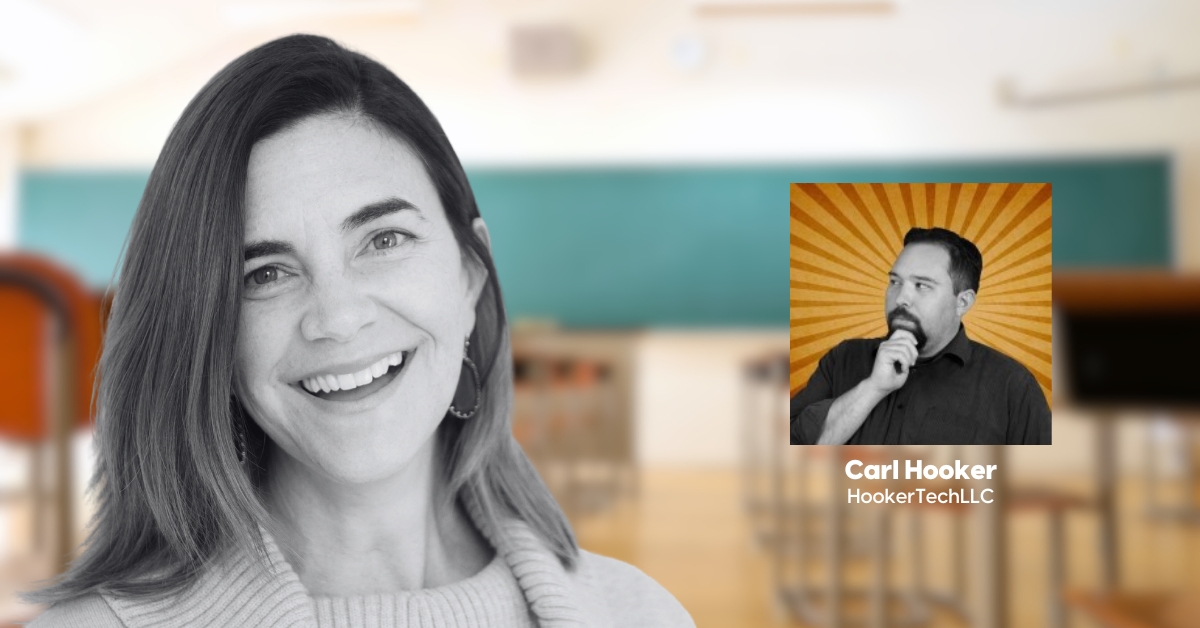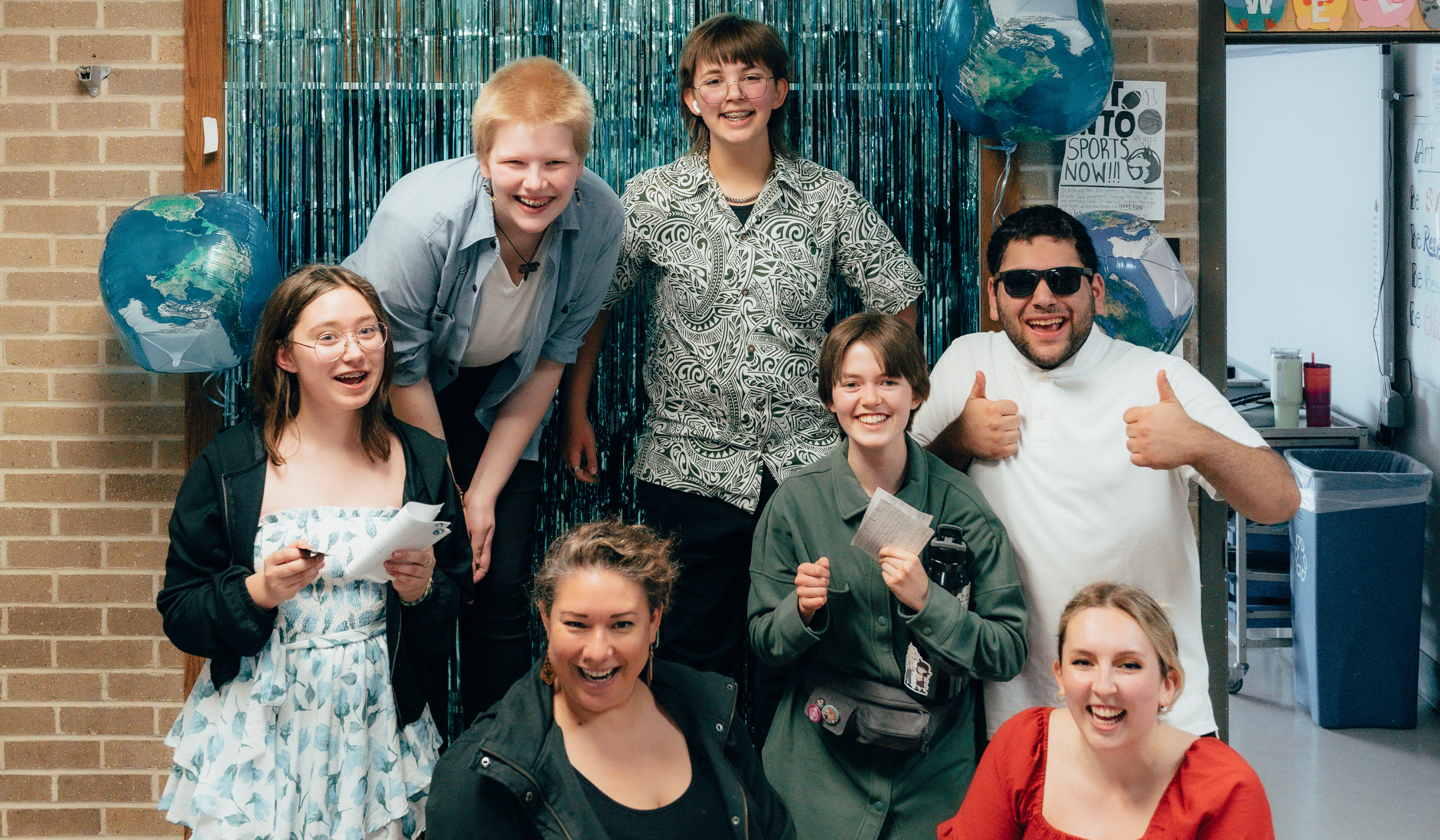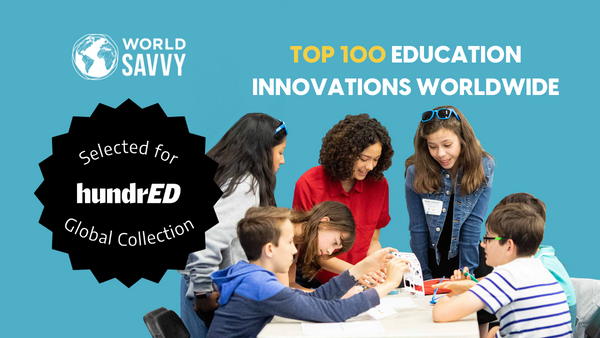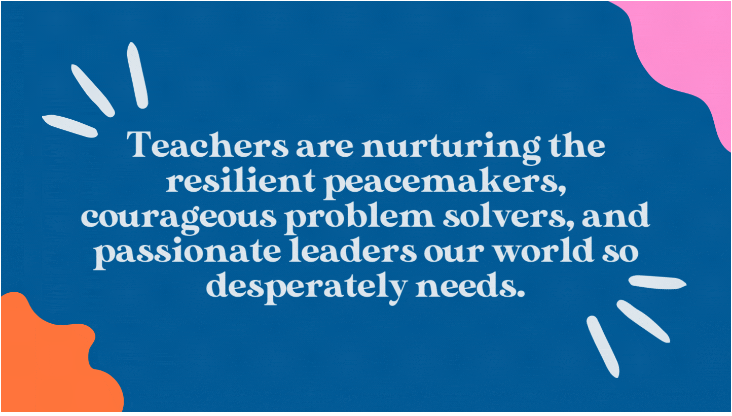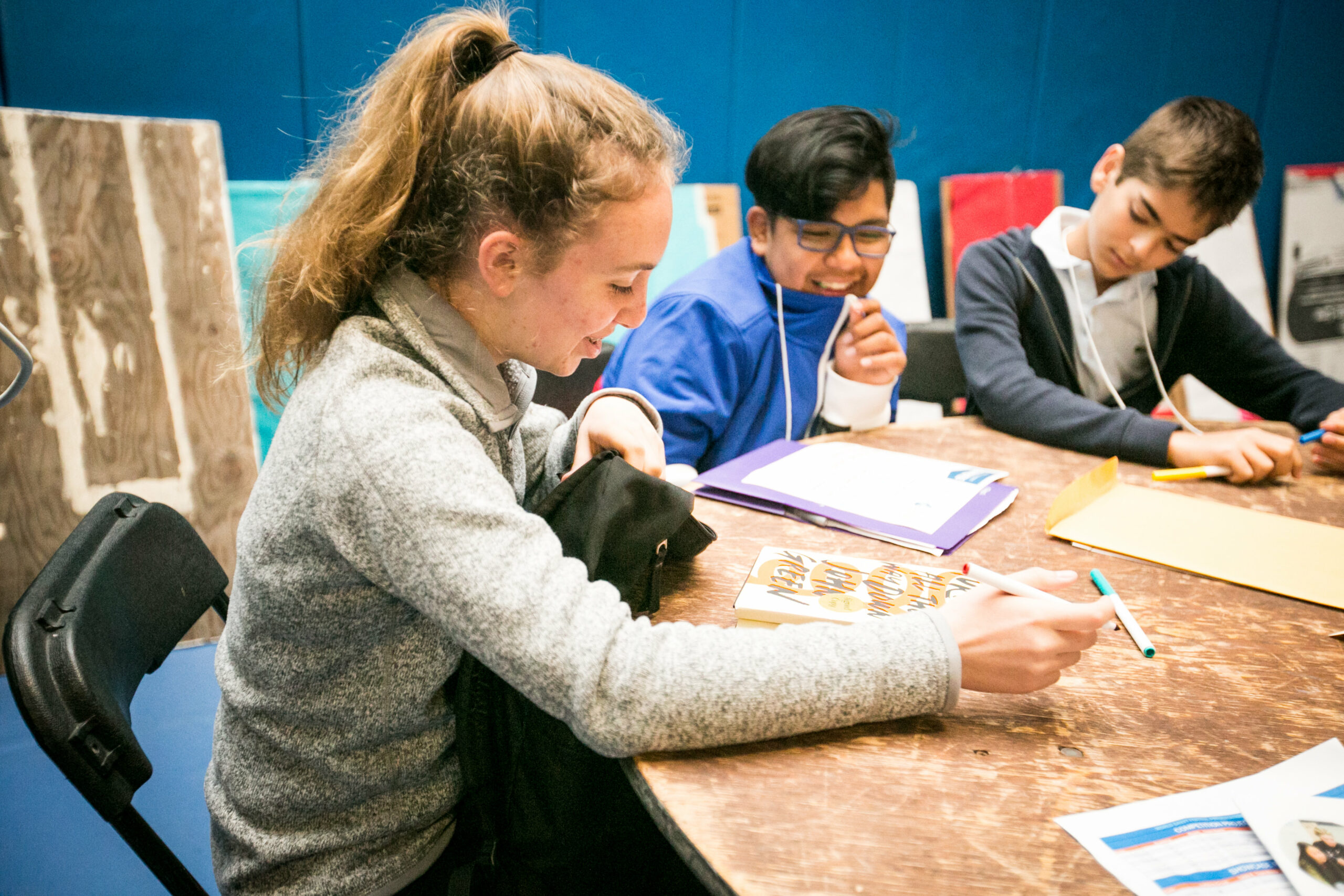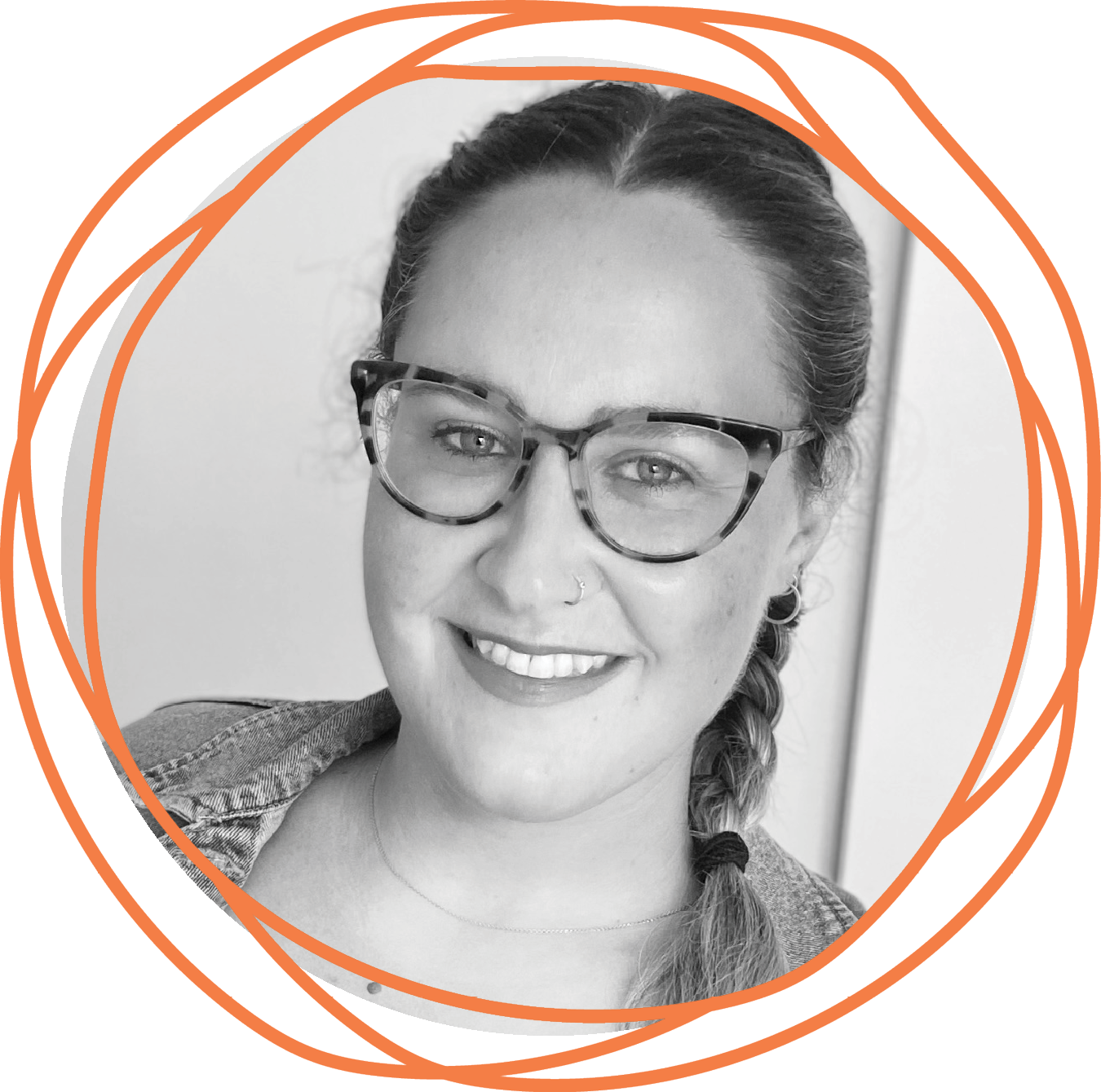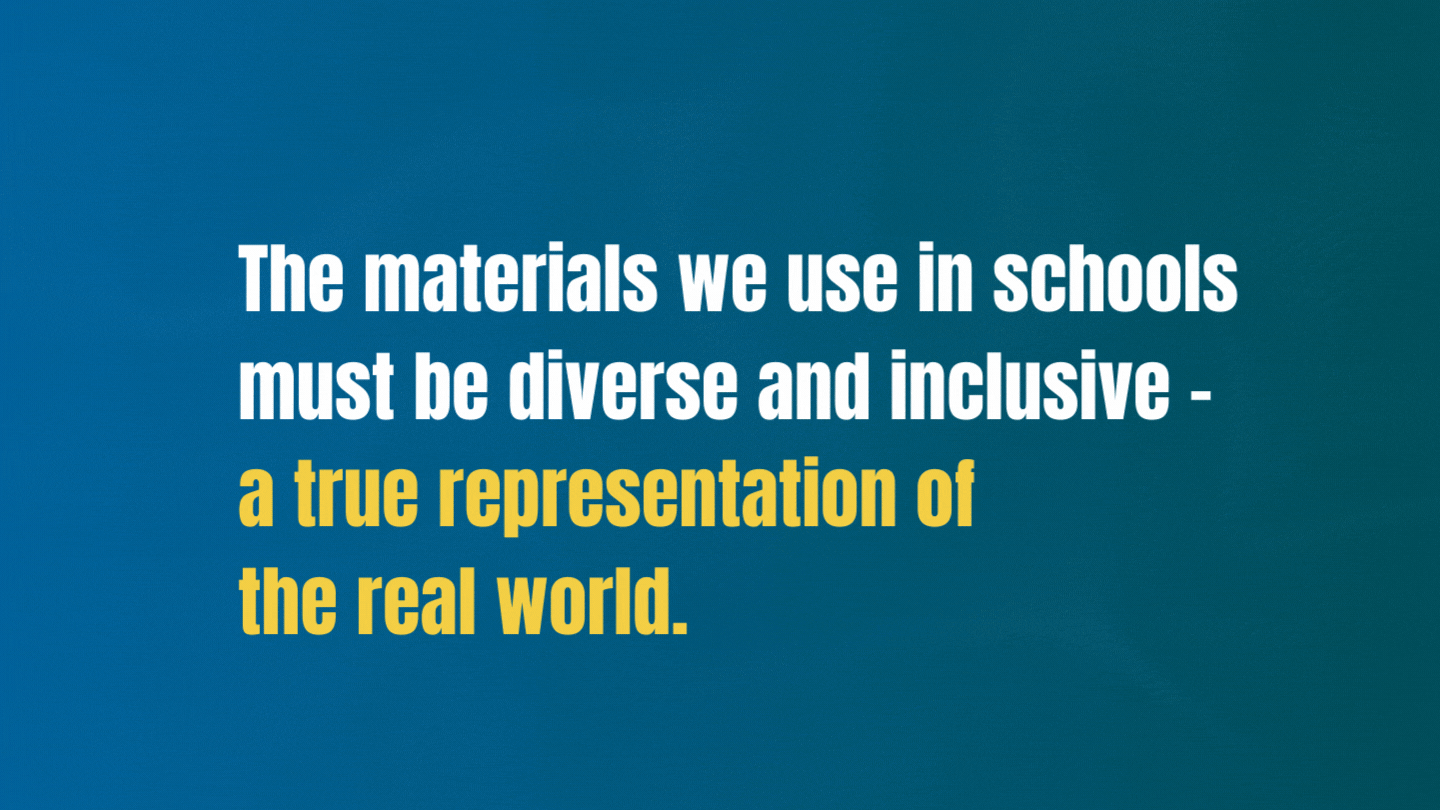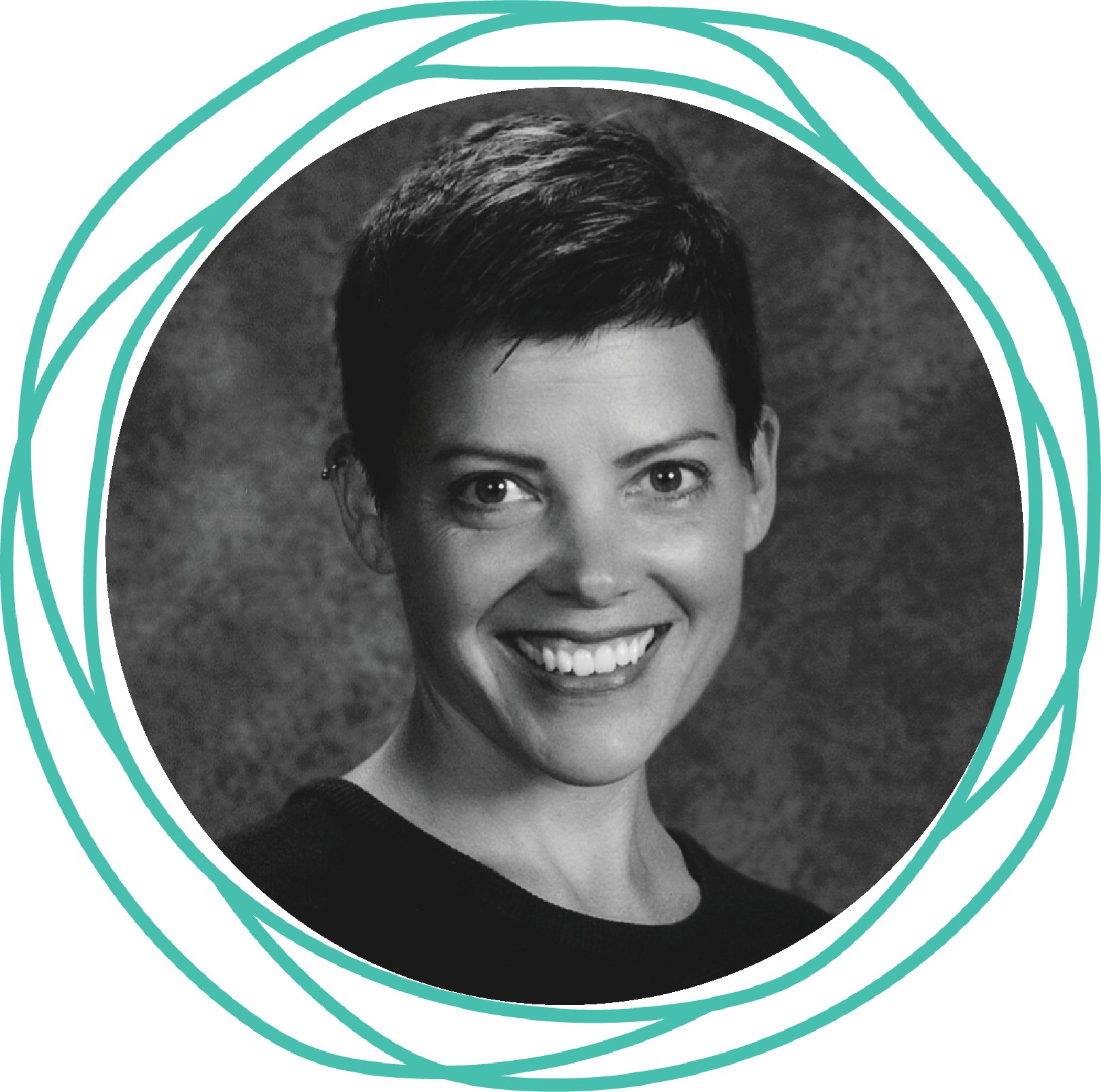At The Wildling, stories are #1. Since the organization’s founding, The Wilding has been empowering youth to share bravely from their lived stories in a safe and meaningful way. And we can’t wait to invite you into the next chapter of this story:
The Wildling is becoming part of World Savvy!
As we welcomed The Wildling to the World Savvy family with an open house this week, and as we work together over the course of the coming school year to embed The Wildling’s approach and resources to support World Savvy’s school partners, we want to invite you into this story. We are thrilled to be partnering together, and can’t wait to share more over the coming years about how The Wildling’s programming is better supporting educators and students to connect and share their stories, and how this partnership with World Savvy will expand the reach of this innovative and meaningful programming to students across the country. For now, we invite you to learn more about our journey to this exciting milestone…
World Savvy: What sparked your interest in this partnership?
The Wildling: When we met Dana Mortenson, we were inspired by her vision from the first moment. Having built The Wildling from the ground up four years prior, with stars in our eyes and a lot of grit, we were beyond impressed to hear about Dana’s story and how she had spent more than 20 years building World Savvy into an organization that works with entire schools and districts to inspire thousands of future-ready learners.
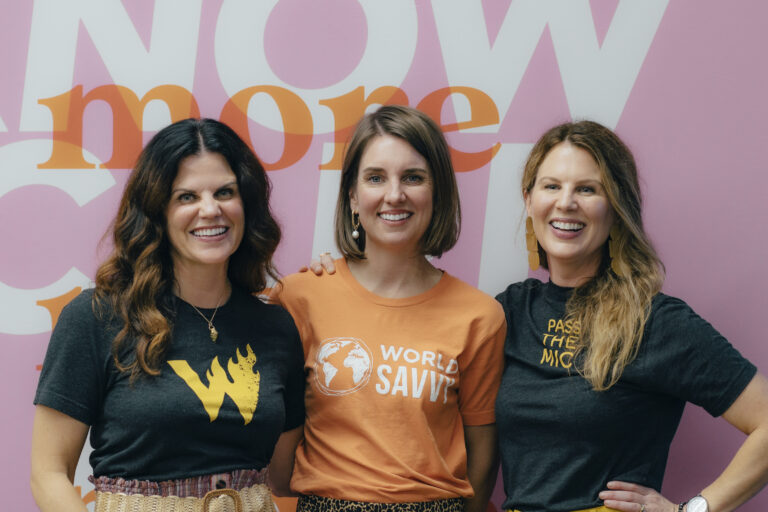
The Wildling was always about imprinting young people with a sense that who they are matters first and that they have a story to tell and share that will inform their learning path—with the right guidance and approach. When we heard Dana share “cultivating connections” as a core pillar of World Savvy’s model—and the belief that each learner is part of something bigger—her words felt like an arrow striking right at the heart of our mission at The Wildling.
We knew after our conversation with Dana that we would be stronger together—and that is how we have always approached partnerships, feeling our way with intuition and knowing that we can harness that energy for more impactful results. We wondered: How could we leverage our impact and meet the great demand that was upon The Wildling after a pandemic and with a mental health crisis in front of us, and with educators who were asking for programs like ours to support their efforts to shore up their classrooms. We couldn’t be everywhere at once, and we had a lot to sort out to grow. When World Savvy asked about the potential for an integration, we knew right away that this was something we were interested in discussing further. This would mean giving our dynamic and impactful young program a home that would impact thousands, if not millions, of kids in the years to come—to feel and find their place in the world and to know how much they matter.
World Savvy: This partnership was such an obvious fit for us. At World Savvy, we identify and nurture connections—between students and educators, among peers, between a school and the wider community—to make learning personal and relevant for all students. And one of the key ways that we as humans form connection is by telling stories, and cultivating empathy and understanding as we listen to others tell their stories.

We are so excited to leverage The Wildling’s dynamic and engaging frameworks and resources in a variety of ways to better support educators and students. Year one of a World Savvy partnership is focused on Cultivating Connections—a theme that is deeply aligned with The Wildling’s program. There are a variety of ways for students to engage with the materials, from sharing personal narratives or utilizing the resources as a vehicle for sharing knowledge and encouraging discourse. Sharing together in this way helps students to develop key competencies they’ll use throughout their lives, such as engaging willingly and openly with others, demonstrating self-awareness about identity and culture, choosing empathy, and so much more.
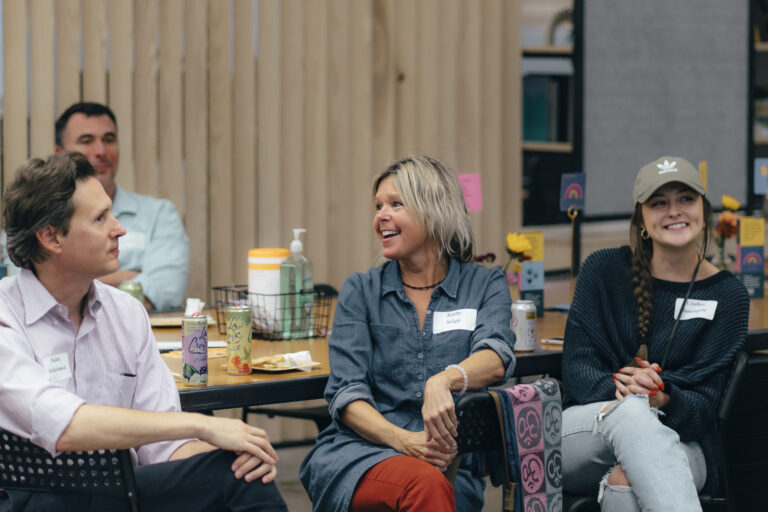
What are you most excited about as The Wildling joins World Savvy?
The Wildling: Oh my. What are we NOT excited about? We couldn’t be happier. When people ask how this integration came to be, we say we have followed our curiosity from the very start. That is how The Wildling was born—a storyteller and an educator with big hearts and curiosity who wanted to help youth find their way back to the innate storytellers inside of them so they could share themselves freely and bravely. To have World Savvy approach us with the idea of an integration—watching The Wildling become an integral part of programming for classrooms upon classrooms of kids—is something we didn’t even understand was possible until the question was asked: What if you became part of us?
We can’t wait to watch our program shine even brighter as we work together to reimagine what it looks like to cultivate connections in every classroom, making learning more personal and relevant for all people. This is a foundational belief we share as organizations. It is inspiring and expansive, and critical in this modern world to approach education in this way. It is essential.

One thing we see every time we come together at a Wildling Story Jam, after-school setting, or school classroom, is that human beings at a very young age crave connection—to themselves and to their peers and to their teachers and to their caregivers and to the many people who are part of their everyday life. We have a tendency to forget that our innate ability as human beings to share from the content of our lives brings unity and community. It is this foundational piece of The Wildling that connects directly to World Savvy’s mission—you belong, you matter. YOU and YOUR STORY are where we need to start. We are meant to learn this together.
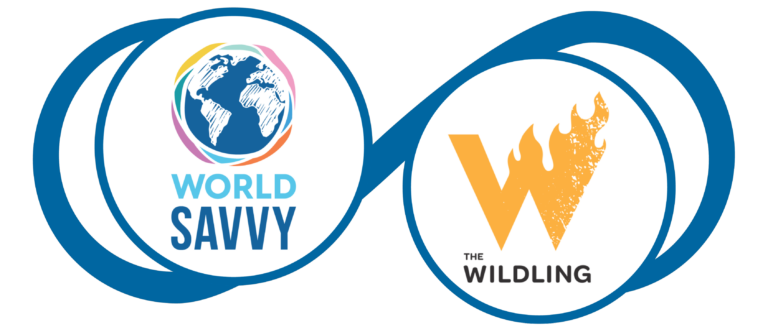
To continue to follow our story, visit https://www.worldsavvy.org/contact/ and sign up to stay informed.
